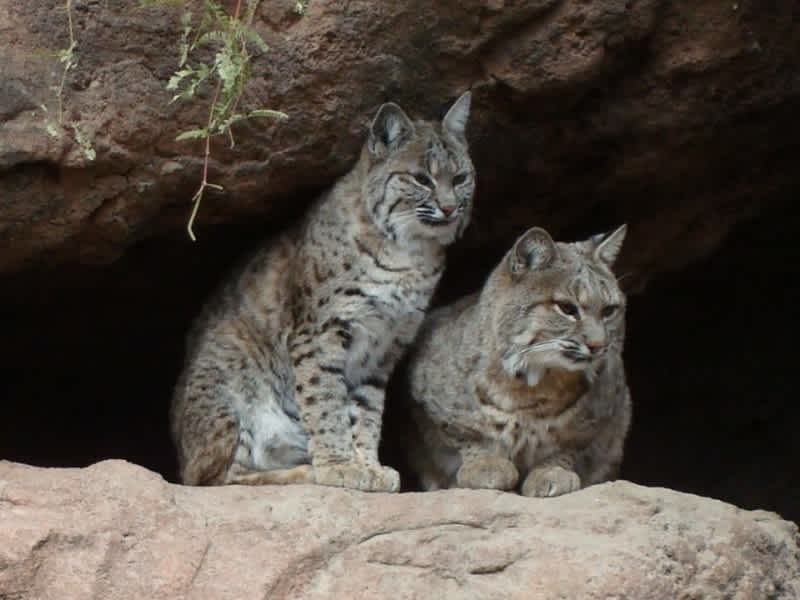Illinois Governor Gives Go-ahead to Bobcat Hunt
OutdoorHub Reporters 07.16.15

For the first time in nearly 40 years, Illinois hunters will be able to pursue bobcats again.
On Tuesday, Illinois Governor Bruce Rauner signed a bill that will open up a limited bobcat season in 2016—much to the disappointment of animal rights activists. In a press release, the Humane Society of the United States (HSUS) heavily criticized Rauner for signing the bill.
“To get the bill passed through the legislature, lawmakers relied on absurd and outlandish exaggerations about bobcats—who are shy and elusive creatures that only weigh slightly more than an average house cat—and it’s unfortunate that the Governor apparently fell for this fear-mongering,” HSUS president and CEO Wayne Pacelle said in a statement.
Opponents of the bobcat hunt have long argued that the population in Illinois was still too vulnerable to be hunted, despite statements to the contrary from the state Department of Natural Resources (DNR). Supporters of the bill say that the bobcat population is growing out of control and now poses a public hazard. Rural residents argued that an overabundance of bobcats can be dangerous to young livestock, and hunters fear that the predators may be taking a bite out of turkey and deer fawn numbers.
“Bobcats once were common in Illinois,” said Bob Bluett, a wildlife diversity biologist with the DNR. “Habitat changes and unregulated harvests, before the birth of our state fish and wildlife agency, caused numbers to decline by the late 1800s. But now, we’re happy to say, they’re doing great.”
Bobcats face few threats in Illinois today and the vast majority of their deaths are vehicle-related. This has led to fears that the cats are growing too fast and moving into residential areas too frequently. According to the DNR, hunters can help in keeping the population stable through limited hunts.
“Hunters and trappers play an important role in managing resources and paying for conservation services, and Illinois homeowners should be given the ability to manage wildlife that are causing problems on their property,” Catherine Kelly, spokeswoman for the governor, said in a statement to the Associated Press. “If at any time the species is threatened, the [DNR] will suspend hunting and trapping.”
Biologists predict that the limited hunt will have no effect on the bobcat population. Set to start next year, the season will run from November to February and carries a quota of only 300 animals. Once that quota is met, the hunt ends. The DNR acknowledged that trophy hunting once decimated the bobcat population, leading to the species being listed as threatened in 1977, and will be working to ensure that does not happen again.

